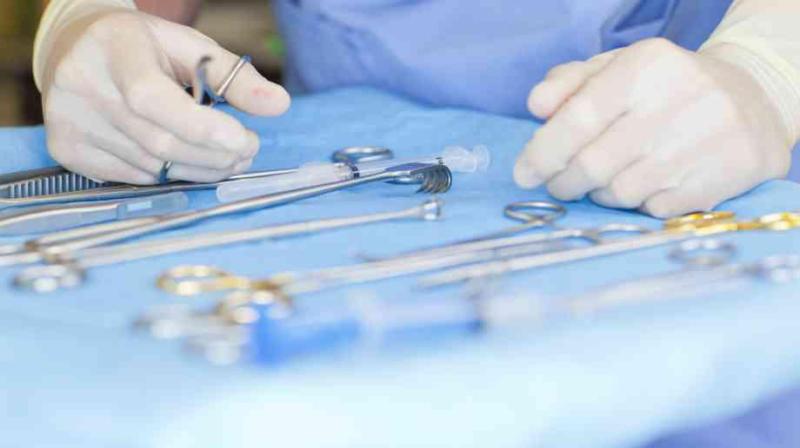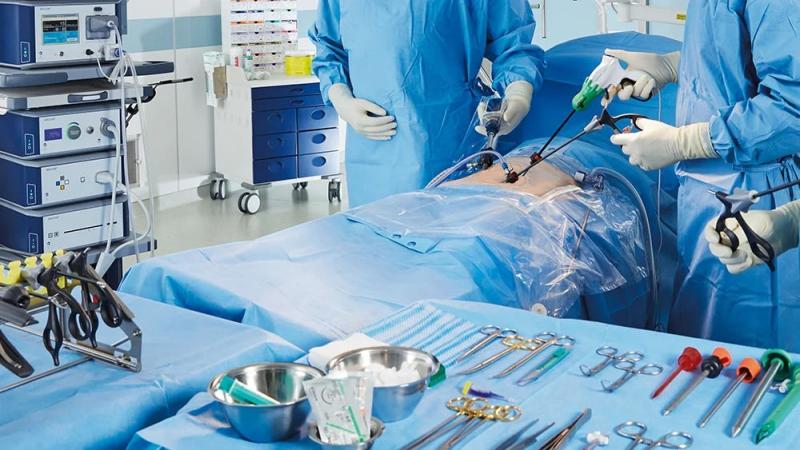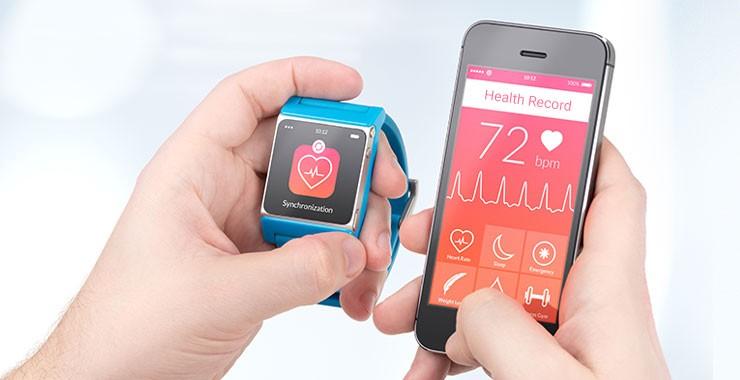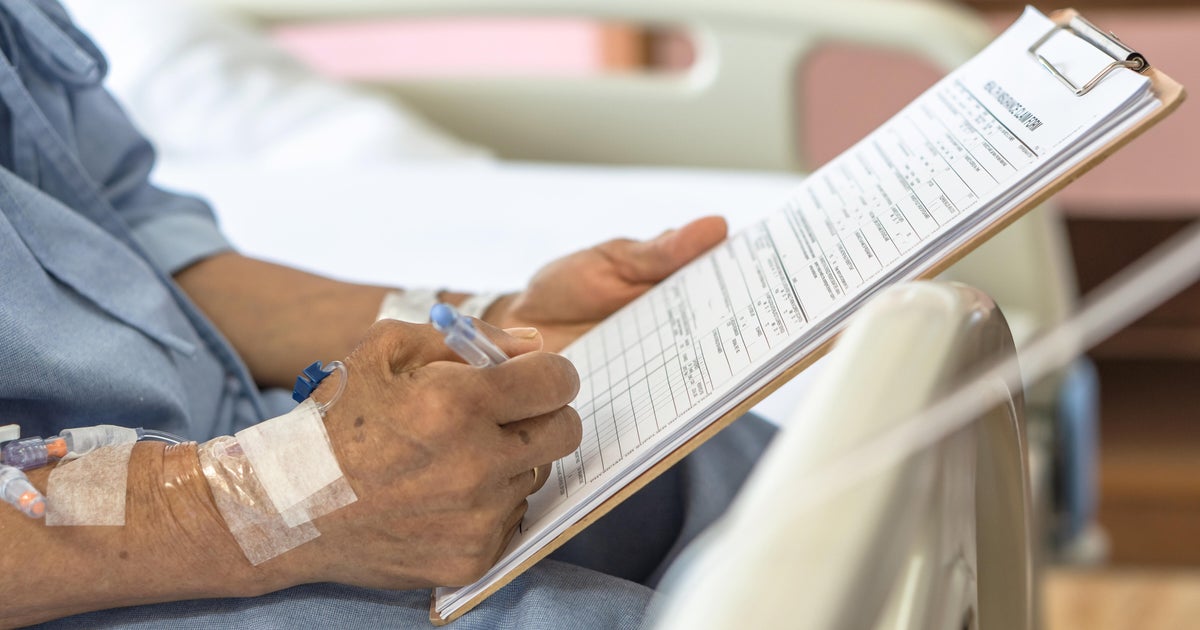Yukon Hospitals release report on tool cleaning issues

The issues the Whitehorse General Hospital encountered when trying to clean their surgical tools led to over a hundred surgeries being cancelled
Yukon Hospitals has released a report describing what went wrong earlier this year when issues cleaning their surgical equipment led to over a hundred surgeries being cancelled.
The report said the problem was caused by the type of water the hospital was using to clean its medical devices.
A report on the incident drafted by third-party consultants stated that spotting on instruments had been observed as far back as 2017: it was when the instruments were coming out of the washers “all white” in February that concern mounted, especially when instruments went from being “all white” to “all brown.”
On Jan. 31, staff noticed that there was a residue with a “gritty, sandpaper-like feel” on the instruments coming out of the cleaning machines. Initially, it was assumed that the water was too hard, as testing showed that it was harder than usual.
Hard water contains more calcium, magnesium, and other metals than soft water.
When testing showed the water to be harder than usual, they flushed the machines used to clean the equipment, and assumed the issue to be resolved — until the same residue returned the next morning. By the afternoon, they were able again to sterilize the equipment to standard, but the issue returned the following day and didn’t get better: instead, now the tarnish was darker.
Hospital staff decided to cancel elective surgeries for the next day, which was Feb. 3.
From that point onward, the days were filled with multiple tests and consultations as hospital staff tried to fix the situation. Items coming out of the washers continuously fell short of standards: at one point, metal shards were observed in the cart washer, which was found to be a mechanical failure, reads the report.
The hospital began to send equipment to be cleaned at a hospital in British Columbia on Feb. 12.
On April 1, the third-party consultants had recommended in-house sterilization start again as the hospital’s protocol of handwashing tools with reverse osmosis water and then sterilizing them in autoclaves was producing passable instruments that met standards.
With an infectious disease physician confirming that this protocol was producing instruments safe for use on patients, and the development of a guide to help determine whether the spots on the tools were acceptable, the hospital moved ahead. On-site sterilization resumed at Whitehorse General Hospital on April 3.
The fact that the hospital had not been using critical water — in this case, reverse osmosis water — was cited as the primary reason for the white spots and tarnishing.
New equipment is on order for the hospital, according to the reports: these include a new de-ionization and ultrafiltration water system, a new cartwasher, as well as an increased inventory of medical instruments in case it is faced with a disruption in the future.
Currently, the hospital continues to hand-wash medical devices with an extra rinse with reverse osmosis water prior to sterilizing them, and autoclaves, which had previously failed, have been returned to service, per the report. The hospital’s ability to reprocess its own medical devices has been restored, and if needed, the option to re-process instruments in Vancouver still exists.
Future expansion of surgical services at the hospital will include a new Medical Device Reprocessing department, according to the report.
The hospital said it is committed to completing the 165 cancelled surgeries in the coming months. According to the report, all patients who had their surgeries cancelled have been contacted and provided with a new surgical date.
Contact Talar Stockton at [email protected]
link







